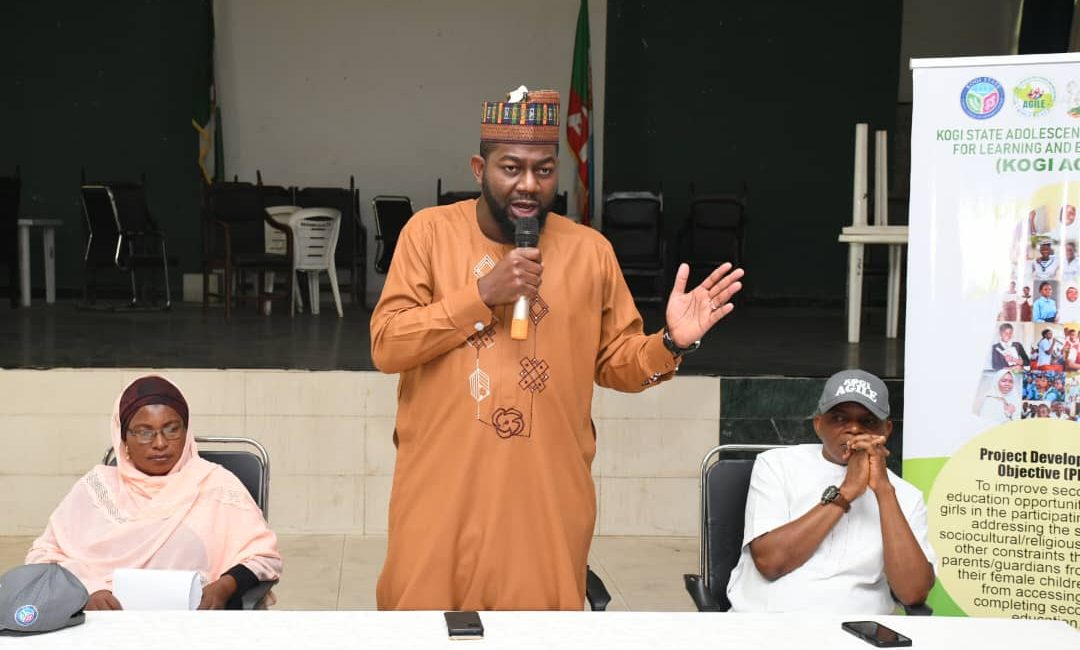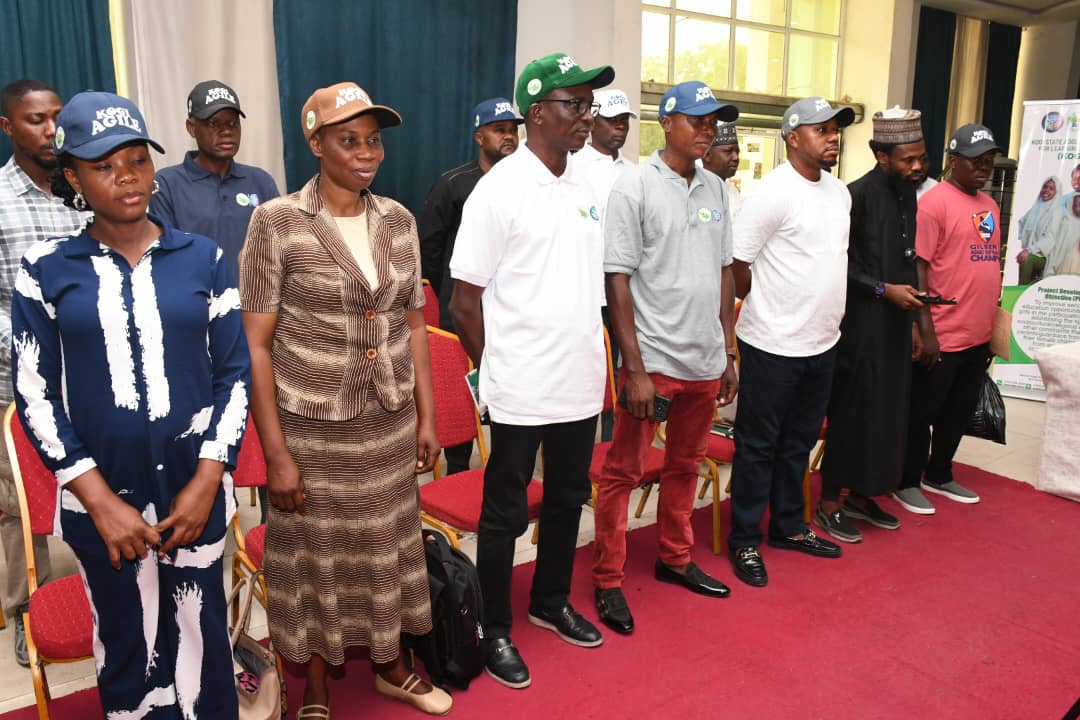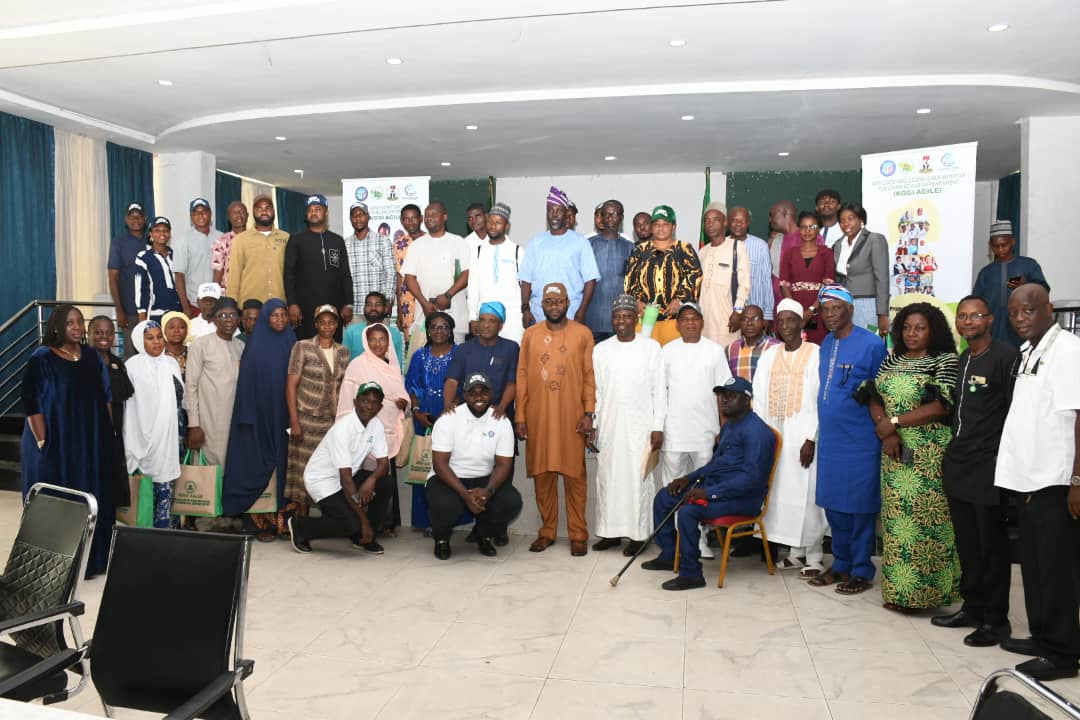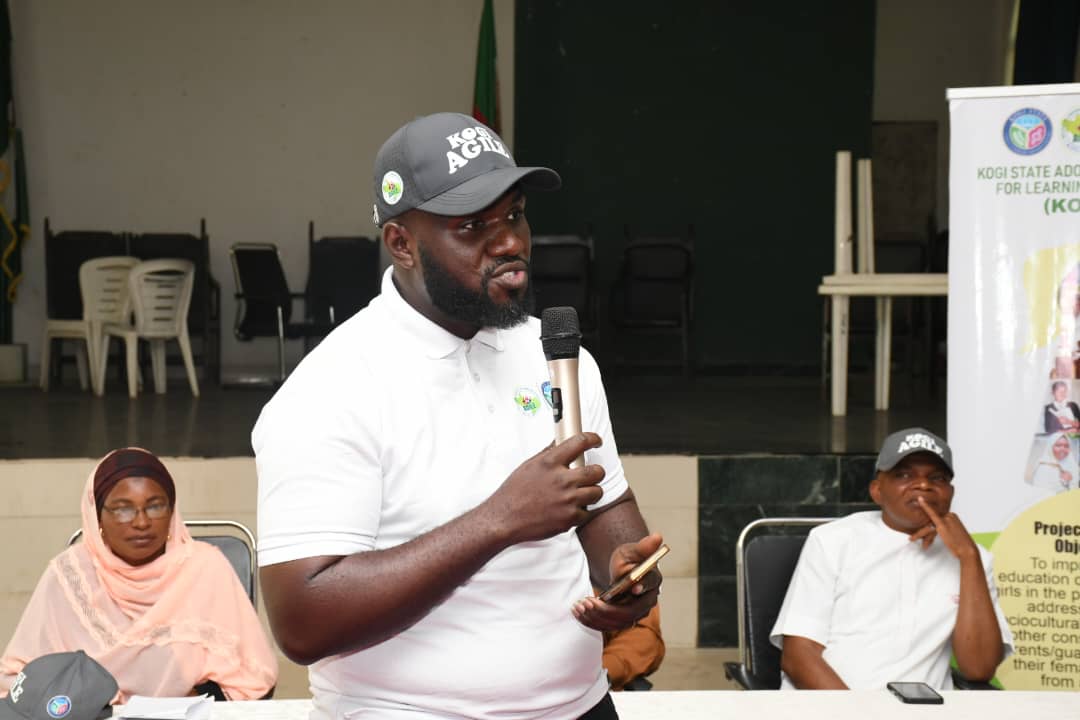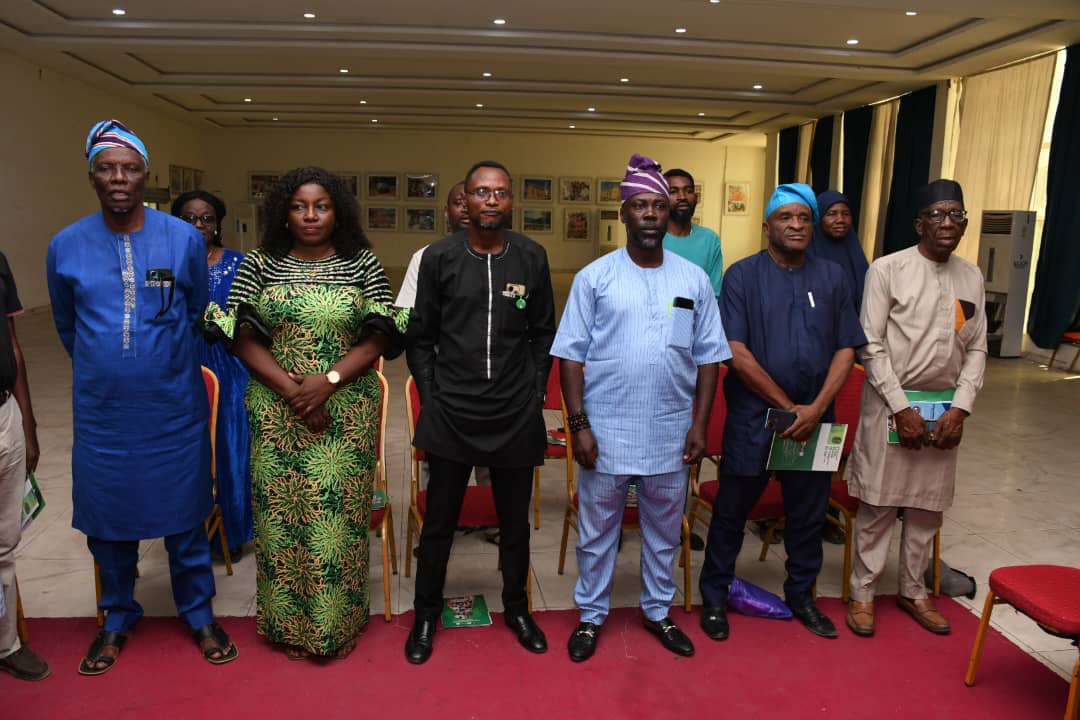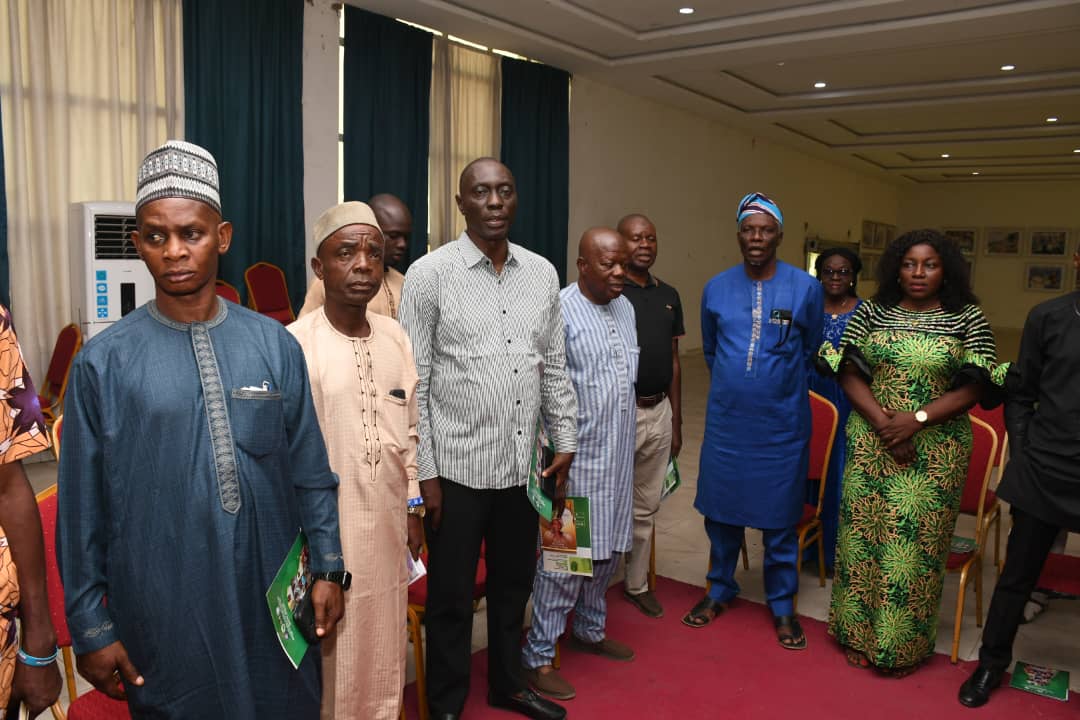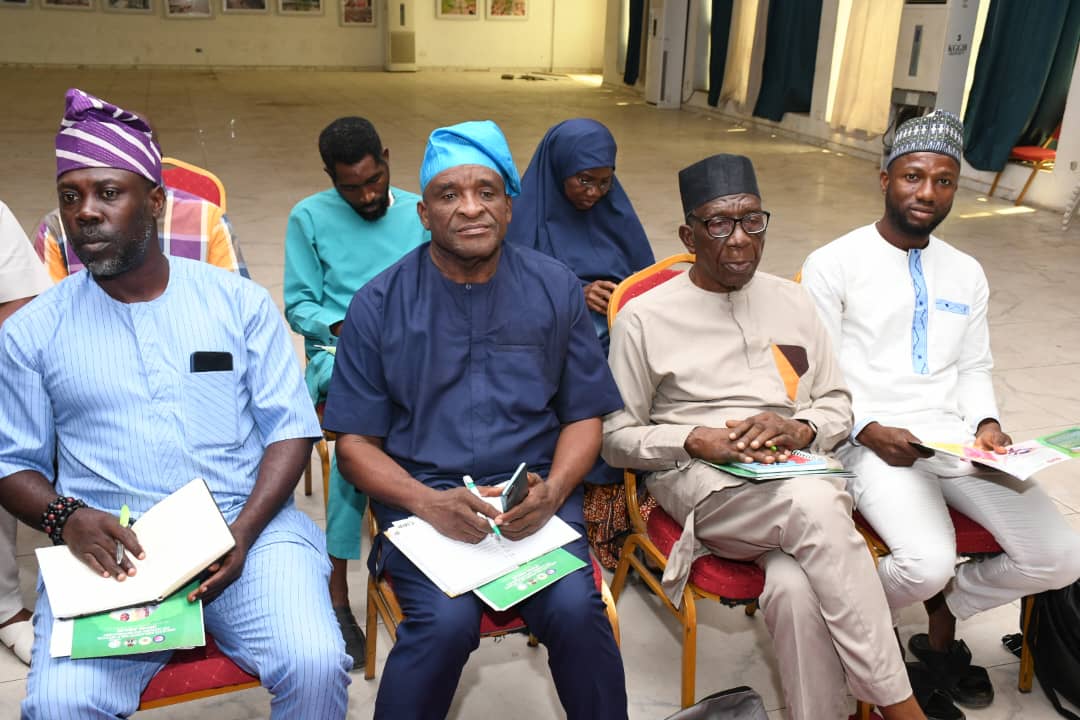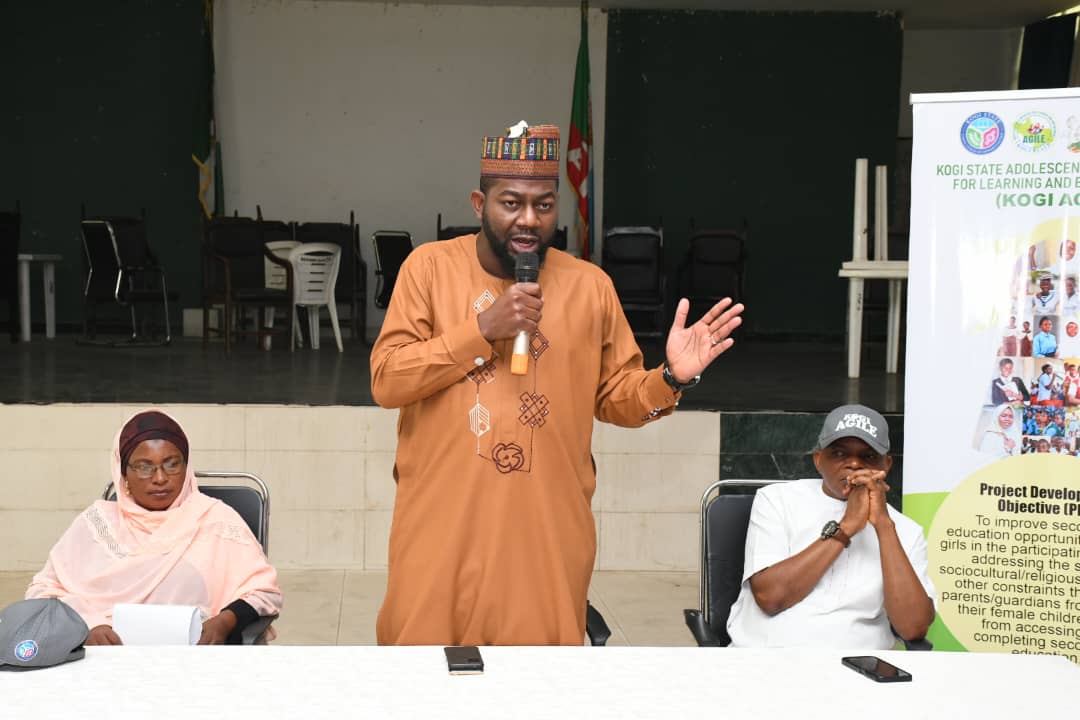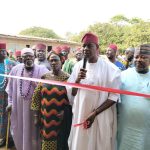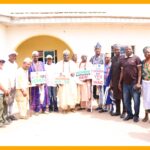By Yemi Balogun
Education plays a transformative role in shaping lives, particularly for the girl child, whose potential often remains untapped due to socio-cultural barriers and limited access to resources. Despite global efforts to close the gender gap in education, many girls, especially in developing regions, continue to face challenges that hinder their academic success.
In Nigeria, particularly in Kogi State, empowering girls through education is not just a necessity but a moral imperative that can significantly contribute to national development.
At a recent event, the Kogi State Project Coordinator for the Adolescent Girls Initiative for Learning and Empowerment (AGILE), Dr. Abdulhakeem Bello, reaffirmed the project’s commitment to enhancing education for adolescent girls in secondary schools across the state.
According to Dr. Abdulhakeem, secondary school education is pivotal for the development of the girl child. He emphasized that Governor Usman Ododo’s administration is committed to complementing the World Bank’s efforts by ensuring that girls receive the necessary knowledge and skills throughout their secondary school years, enabling them to not only attend school but also thrive and graduate with tools for empowerment.
To achieve this, the AGILE initiative will focus on constructing new school blocks, renovating existing facilities, and equipping schools with modern resources, including solar-powered computer laboratories. The aim is to create an enriched learning environment that fosters both academic excellence and skills development.
“AGILE seeks to also address the gap for out-of-school girls by offering vocational training that empowers them with the necessary skills to lead independent lives,” Dr. Abdulhakeem stated.
He also acknowledged the existing government intervention in covering school fees, but stressed the urgent need to revitalize public secondary schools that have fallen into disrepair.
“We must come together to understand why government secondary schools are being overlooked by parents and work towards restoring them to their former glory,” he urged.
The AGILE project will be implemented across the three senatorial districts of Kogi State, with each district benefiting from tailored interventions designed to address local educational needs. Additionally, conditional cash transfers will be introduced to support vulnerable families, ensuring that financial constraints do not prevent girls from attending school.
AGILE’s Communications Specialist, Bishop Aturu, emphasized the importance of sensitive public awareness and responsible media reporting on the initiative. “This project is not just about statistics; it’s about real lives and real stories that must be told with care and respect,” he noted.
Dr. Abdulhakeem called for collaborative efforts from all stakeholders, including government agencies, traditional leaders, community groups, and the media, to ensure the AGILE initiative succeeds in bridging educational gaps and transforming the future of adolescent girls in Kogi State.
End.

